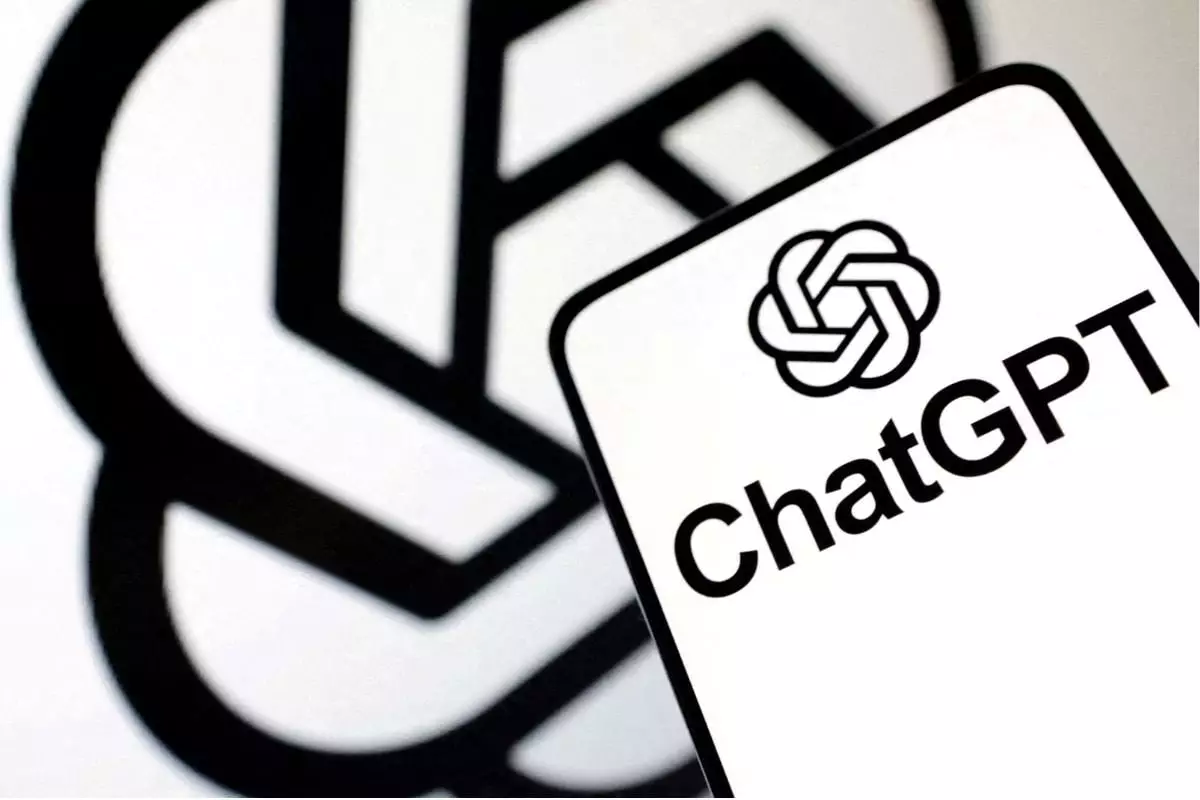In a highly anticipated event, OpenAI’s CEO Sam Altman, along with key executives, hosted an Ask-Me-Anything (AMA) session on Reddit that drew attention from AI enthusiasts and industry watchers alike. Taking place on the dedicated ChatGPT subreddit, this session provided users with the opportunity to engage directly with the minds behind one of the most influential AI companies today. Participants included notable figures such as Chief Product Officer Kevin Weil, Senior Vice President of Research Mark Chen, and Chief Scientist Jakub Pachocki. This event marked a novel approach for OpenAI, signaling its commitment to transparency and community engagement.
One of the most significant revelations from the AMA was Altman’s clarification regarding the much-anticipated GPT-5 model. Contrary to expectations that it might launch this year, Altman stated that the company has no plans to release GPT-5 in 2024. Instead, he emphasized that OpenAI would unveil “some very good releases” throughout 2024, even if none would officially bear the GPT-5 name. This approach aligns with previous insider reports suggesting that OpenAI is setting the stage for its next flagship model, likely expected in 2025. By managing community expectations around GPT-5, OpenAI is ensuring a realistic timeline while keeping the conversation lively around its emerging technologies.
The AMA also delved into the value of the SearchGPT feature integrated within ChatGPT. Altman articulated that this feature aims to provide users with a quicker and more efficient method of retrieving information, especially when handling complex research. He expressed enthusiasm for future iterations where search queries could result in dynamically generated web pages tailored to specific requests. This would enhance the interactivity and usability of ChatGPT, highlighting OpenAI’s focus on refining user experiences by leveraging advanced AI functionalities.
Responding to questions surrounding the delays related to the Sora model, CPO Kevin Weil shed light on the factors leading to these setbacks. He indicated that the additional time is being utilized to ensure the model’s safety, refinement, and compute scalability. Users were eager to know when Sora would be available, but Weil refrained from providing a specific timeline. Instead, he highlighted the importance of delivering a thoroughly vetted product that meets user expectations and safety standards. This level of diligence in the development process speaks volumes about OpenAI’s commitment to responsible AI deployment.
The discussion shifted towards OpenAI’s ongoing projects, with Weil revealing that the O-series of AI models—such as GPT-4o and o1-preview—are expected to become foundational elements in the company’s offerings. These models will persist even after the arrival of GPT-5, indicating a diversified strategy that allows for the exploration of multiple AI capabilities without overshadowing existing technologies. This point signifies OpenAI’s intention to maintain a broad spectrum of AI solutions while continuously innovating.
A pertinent inquiry during the AMA concerned the persistent issue of AI hallucinations—instances where AI-generated responses deviate from facts or reality. Senior Research VP Mike Chen acknowledged that while progress has been made, completely eradicating hallucinations remains a complicated challenge. He attributed the roots of this issue to the reliance on human-generated data, which is often flawed. Chen asserted that OpenAI is working towards enhancing the models’ ability to reference reliable sources, underscoring a commitment to improving the credibility of AI outputs. He also noted that Reinforcement Learning (RL) strategies could play a role in reducing hallucination rates, further augmenting the models’ accuracy.
Throughout the AMA, user engagement appeared to be a focal point for OpenAI. For instance, when a user suggested the implementation of a hands-free method to terminate voice conversations in ChatGPT, Weil expressed immediate interest, promising to share the idea with the development team. This responsiveness illustrates OpenAI’s dedication to user-centric design and improvement, indicative of a larger trend where tech companies actively seek and consider community feedback in their innovation processes.
OpenAI’s recent AMA served as a window into the company’s future trajectory concerning AI development and community interaction. Through candid discussions on timelines, product enhancements, and user feedback, Altman and his team have not only addressed pressing queries but also fostered a sense of trust and collaboration with the AI community. As users look forward to the next innovations, OpenAI continues to reinforce its reputation as a leader in responsible and forward-thinking AI development.

